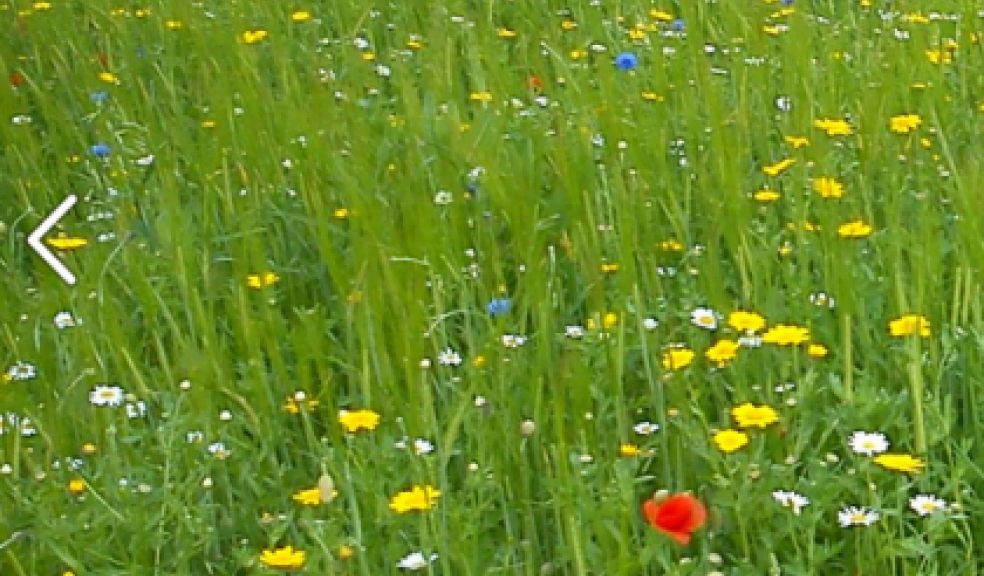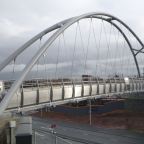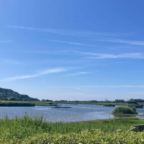
Letting the grass grow in Plymouth
Selected areas of Plymouth will see meadows created as part of a city-wide scheme to support bees and other pollinators.
Ten areas, which are open tracts of land, are to be cut only three times this year instead of nine as part of a trial to encourage wildlife to thrive in and around housing estates.
It is hoped that while residents may be used to seeing grass short and cut on a regular basis, some areas could become a rich habitat for bees, hover flies and other pollinators that will be able to feed off the wildflowers that will be allowed to grow in longer grass.
Hedgehogs, whose numbers have declined rapidly since the 1950s, also prefer longer grass as it is home to their food supply.
It is estimated there is over six million square metres of grass to be cut every year. Most areas of the city are cut nine times a year, based on a maintenance cycle, however this year ten areas will have grass cut only three times this year
These ten areas have been selected because they are large open spaces and are not used for sport. Paths within these areas will still be mowed for dog walkers.
• Lakeside open space
• Pembery Walk open space
• Whitleigh Valley
• Aylesbury open space (not pitches)
• Woodland Fort open space
• Transit Way open space
• Frontfield Crescent open space
• Miller way open space
• Eggbuckland Recreation
• Trefusis Valley
• Treveneague Gardens rear field
• Newnham Meadow far field
• Dunstone open space
• Burrow Hill open space
• Blandford open space
Councillor Brian Vincent, Cabinet Member for the Environment said: “Plymouth’s reputation for being a city that thinks about its wildlife and its green space is growing.
“We have planted bee verges along our main roads, we have meadows in our parks and even roundabouts in the city centre have had wildflowers to encourage pollinators.
“Making a difference to a global problem of the decline of pollinators starts with local action.
"We realise that some residents may prefer grass short, but we are asking them to bear with us as a few less mows could make a huge difference to the city’s wildlife.
“People always assume that just because councils have always cut grass x number of times a year, this should always be the case.
We have taken a look at what we are doing and why – and are more aware of the impact we have on the environment. We need to work more nature, not against it.”
Andrew Whitehouse, South West Manager for Buglife said “Bees, butterflies and other pollinating insects have suffered serious declines, and they need our help. It is great how wildflower meadow creation in Plymouth is gaining momentum. We hope that these new meadows will fill with the buzzing sounds of summer wildlife and also be of benefit to local communities, bringing a bit of the countryside into the city – let’s get Plymouth buzzing!”













